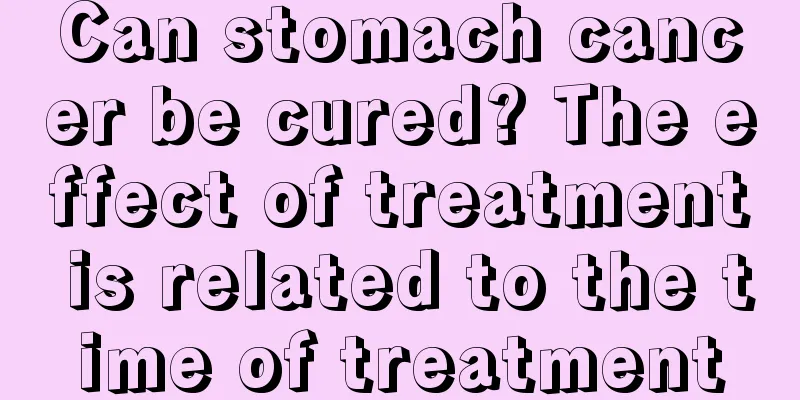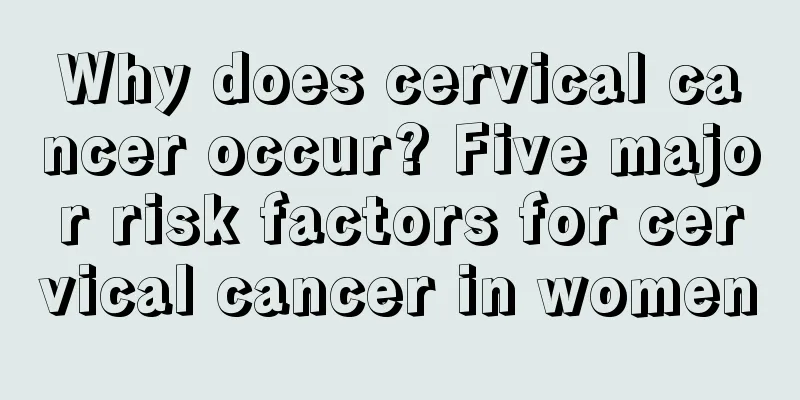Myofascial massage therapy, you need to know the principles of massage

|
Myofascial massage therapy is a massage technique mastered by many masseurs. Myofascial massage therapy has certain principles. For example, our body is a whole and interdependent. Only by mastering these principles can the maximum effect of this therapy be achieved. 1. The body has the ability to heal itself The work that a myofascial massage therapist does is more about "pushing and facilitating" than "repairing and healing." This is not to say that myofascial somatic practitioners do not need to learn and master sophisticated techniques and understand when and how to apply these techniques. However, myofascial massage therapists should also be aware that their work is not the sole reason that any client “gets better,” but it does play a supporting role in the client’s overall recovery process. 2. The body is a whole Myofascial massage therapists understand and accept the principle that the body is a whole better than any other manual therapy, and imagine that the myofascia in the body is a network connected by fascia. 3. A “holistic” approach to the body Myofascial massage is a holistic and systematic treatment approach. Although the emphasis is on myofascia, massage therapists need to treat the body as a whole. Both Myers (2001) and Barnes (1997) proposed that there is actually only one muscle in the body, which is surrounded by 600 or more fascial bags. When myofascial therapists visualize the vast web of fascia, they realize that it is not enough to view a client with a back problem as simply a "back problem." Myofascial massage therapists need to realize that pain in the low back muscles may be transmitted through connective tissue and may affect or be affected by nearby and distant muscles, connective tissue, nerves, blood vessels, and organs. 4. Increase physical and mental awareness Myofascial massage affects a person's body and mind through a combination of subtle physiological effects and attention to surprising sensations. In this way, myofascial massage helps bridge the gap that has developed between the medical model and the energy systems-based approach to massage therapy. People not only have bodies, but also thoughts, emotions, dreams, and worries. 5. Structure and function are interdependent Changes in structure affect function. For example, if vertebrae are pulled away from their midline because of muscle contraction, their ability to support the body is reduced. Conversely, if the contracted muscles of the back relax sufficiently to allow the vertebrae to move back into alignment, the back movement will become easier, smoother, and more sustained. |
<<: Osteofascial compartment syndrome, know these symptoms early
>>: Anal fistula surgery, timely surgery is very important
Recommend
What is the cause of spots around the eyes
Many people are troubled by spots around the eyes...
What are the causes of liver cancer?
When it comes to cancer, everyone will be very sc...
What is the cause of primary liver cancer
In the southeastern coastal areas of China, the i...
Early symptoms of lung cancer
Symptoms of early lung cancer include persistent ...
How to get rid of double chin
Many people have double chins, especially some pe...
I became ugly after eyelash extensions
With the development of modern beauty technology,...
How to make your own cervical pillow
In daily life, more and more people are suffering...
How much does a craniotomy for brain cancer cost?
Different methods are used to treat various brain...
What are the benefits of liposuction
If you are too fat, of course you need to focus o...
What to eat to lose weight instead of gaining weight
For obese people, they must pay attention to thei...
Chinese medicine treatment for nasopharyngeal carcinoma
Traditional Chinese medicine can also help reliev...
Hot topic: Did Steve Jobs die of pancreatic cancer?
Did Jobs die of pancreatic cancer? Jobs' deat...
Introduction to several main treatment methods for locally advanced renal cancer
Locally advanced renal cancer is a tumor disease ...
To prevent cervical cancer, the following points should be achieved
Preventing cervical cancer is a very important ta...
How to soak sweet potato flour most appropriately
Before cooking sweet potato noodles, you need to ...









